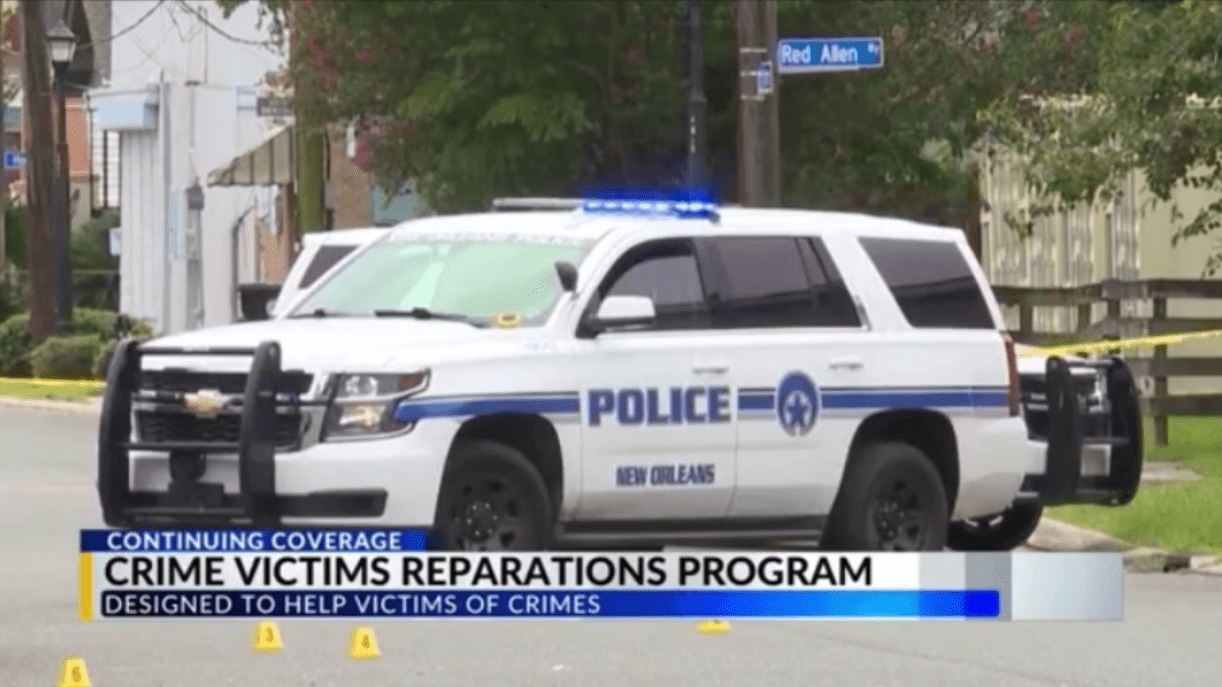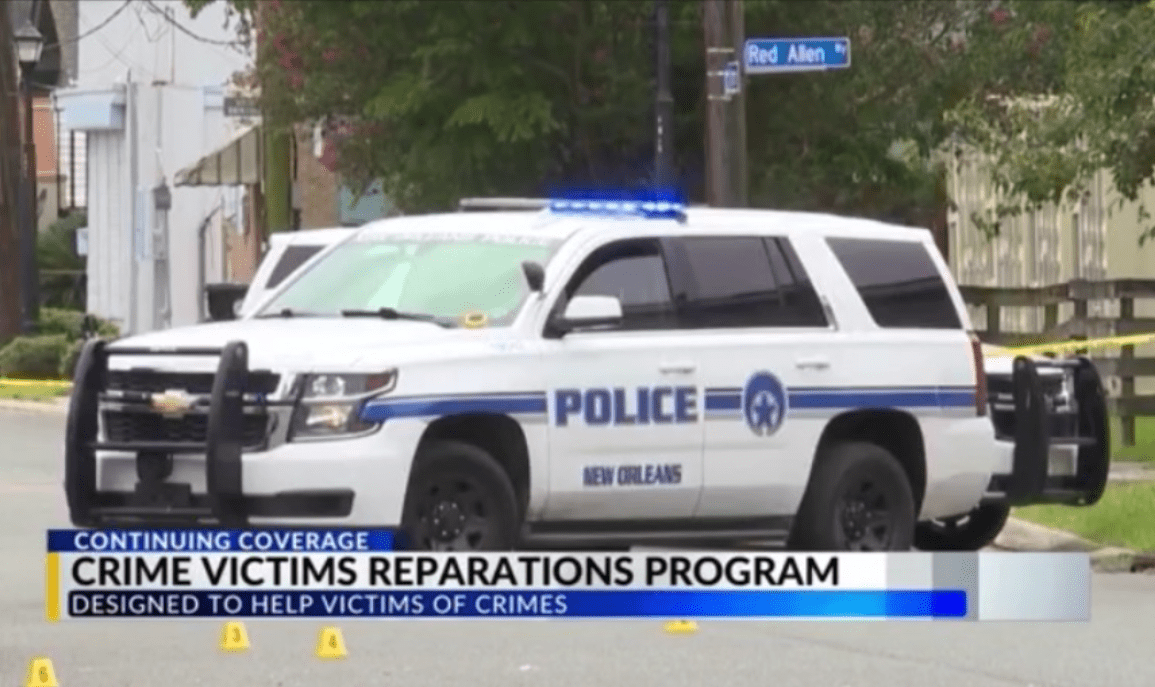
LAFAYETTE, La. (KLFY)– The Louisiana Commission on Law Enforcement is helping victims of crimes receive compensation through its Crime Victims Reparations program. Anyone who is a victim or has been affected by a crime can apply for reparations up to $25,000.
The latest victim in Lafayette Parish, Carencro High student 18- year-old Jaylin Joiner was shot and killed Friday while getting off the school bus. Authorities arrested one person and others are expected. Joiner’s family has reached out to the community for help with funeral expenses.
Any person who has been affected by violent crimes or is in financial need as result of a crime, may qualify for reparations. Bob Werts with the Louisiana Commission on Law Enforcement said the Crime Victims Reparations program is designed help victims and/or family members of victims needing extra assistance after being affected by a crime.
“It was set up to assist victims of crime with their out-of-pocket expenses,” Werts said. “Things that aren’t covered by insurance or other collateral sources that would provide support for victims or their families.”
Werts said there are qualifications a person must meet in order to apply.
“It applies to victims who are the victims of an incident that involves a use of force or a threat of force and results in personal injury, death or catastrophic property loss,” Werts said.
Many victims who face the financial burden of crimes are left to seek assistance from resources like GoFundMe. But through state assistance programs, victims can receive up to $15,000 for a crime involving force, or the threat of force resulting in injury, death, or property loss and up to $25,000 if a permanent disability is the result of the crime.
“This program works through the sheriff’s office and each parish, and we have an 11-member board that meets monthly to review the claims that are submitted to it,” Werts said. “And they make awards based on the decision that they made.”
Described as a “last resort” type of program, Crime Victims Reparations is used to cover extra cost which may be left over after other resources like insurance and benefits have been used.
“We don’t cover every crime and so that we don’t cover car thefts,” Werts said. “We’re not covered by bicycle thefts or non-personnel type crimes, but we are able to provide some measure of assistance, at least to help the crime victims and their families.”
As this program aims to help victims and their families lighten the finical load, more information on qualifications, eligibility and additional resources can be found on here.


